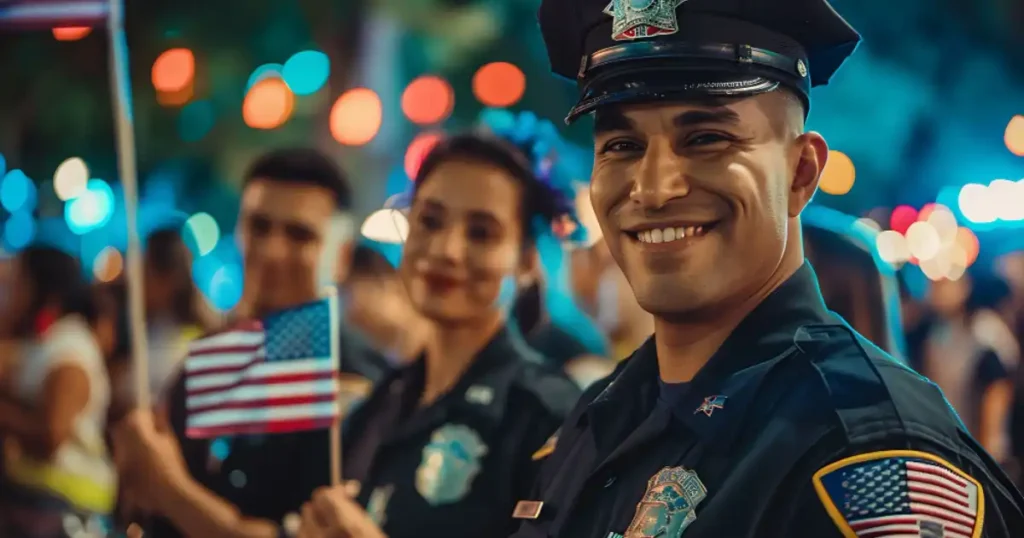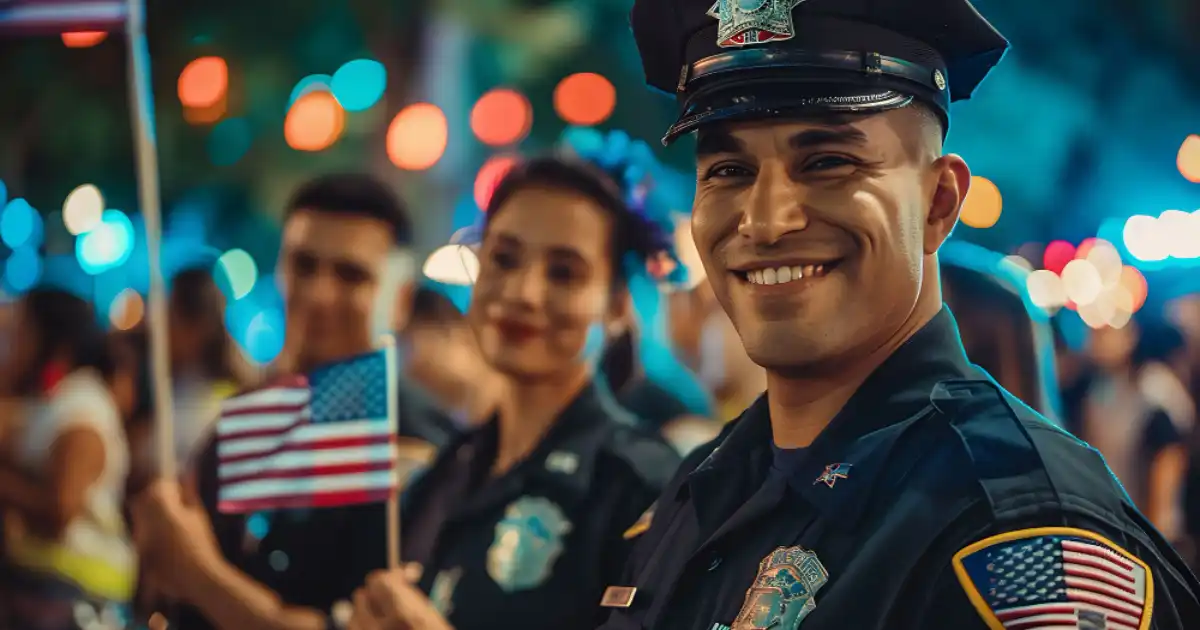Preparing for the police academy is a rigorous process that demands physical stamina, academic focus, and mental resilience.
This guide provides actionable steps to help you succeed, drawing on expert insights and proven strategies to meet the demands of law enforcement training.
Understand the Police Academy Requirements
Prospective recruits must meet several core requirements. Applicants are generally required to be between 18 and 21 years of age or older and hold U.S. citizenship. A high school diploma or GED is mandatory, along with a clean criminal record verified through a thorough background check.
Additionally, a valid driver’s license and passing scores on a Physical Fitness Test (PFT) — which includes push-ups, sit-ups, a 1.5-mile run, and obstacle courses — are non-negotiable prerequisites.
Build Physical Fitness for the Academy
Physical conditioning is critical to surviving the academy’s demands. Start by training for the fitness test: prioritize endurance by running three to four times weekly and gradually increasing your distance.

Build strength through exercises like push-ups, pull-ups, and planks, and enhance agility with ladder drills and shuttle runs.
Equally important is adopting a police academy-friendly diet. Focus on lean proteins like chicken or fish, complex carbohydrates such as whole grains, and stay hydrated throughout the day. Avoid processed foods and sugary snacks, as they can sap energy and hinder performance.
Strengthen Academic Knowledge
Academics make up 20–30% of police training. Key areas to master include:
- Criminal Law: Study penal codes, constitutional rights, and state-specific statutes.
- Report Writing: Practice drafting clear, concise incident reports to improve accuracy.
- Scenario-Based Exams: Use flashcards to memorize traffic codes, emergency protocols, and ethical guidelines.
Enrolling in pre-academy courses or online workshops focused on criminal justice basics can provide a competitive edge.
Application Process
A polished application minimizes delays and boosts acceptance odds. Follow these steps:
- Submit Documents Early: Gather transcripts, IDs, and proof of residency well in advance.
- Ace the Interview: Prepare answers for questions like, “Why do you want to serve in law enforcement?”
- Pass Psychological/Polygraph Tests: Practice honesty and consistency during evaluations.
For detailed guidance, review our resource on [How to Pass a Police Background Check].
Develop Mental Toughness
Police training is as mentally challenging as it is physical. Prepare by managing stress through meditation or breathing exercises.
Strengthen teamwork skills by joining group workouts or volunteering in community programs. Simulate high-pressure scenarios, such as mock arrests or conflict resolution drills, to build adaptability.
What to Expect During Training
Most academies follow a 6–8-month schedule packed with 8–10 hours of daily drills, academic classes, and fitness sessions. Firearms training emphasizes safety and marksmanship, while legal workshops cover mock arrests and courtroom procedures. Instructors prioritize discipline and adaptability, so embrace feedback and stay coachable.
If you’re aiming for a career in investigations, find out how to become a detective.
FAQs:
Q: How long is the police academy?
Most programs range from 12 to 36 weeks, depending on state requirements.
Q: Can I work during the academy?
Outside jobs are discouraged due to the program’s intense schedule and demands.
Q: What’s the hardest part of police training?
Balancing physical endurance with academic pressure is a common challenge. Time management is key.
Q: Do I need prior law enforcement experience?
No—most academies train recruits from diverse backgrounds, provided they meet eligibility criteria.

